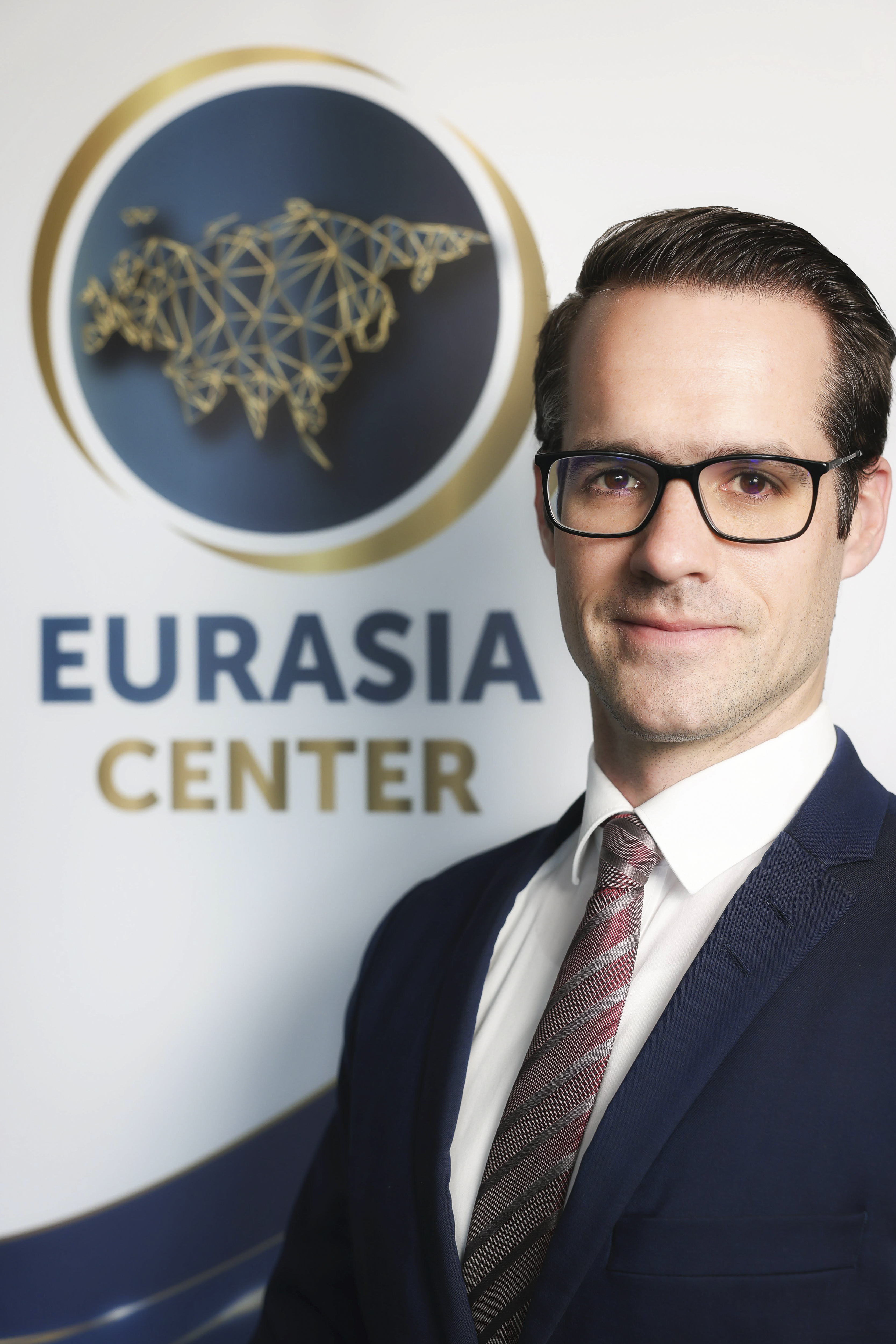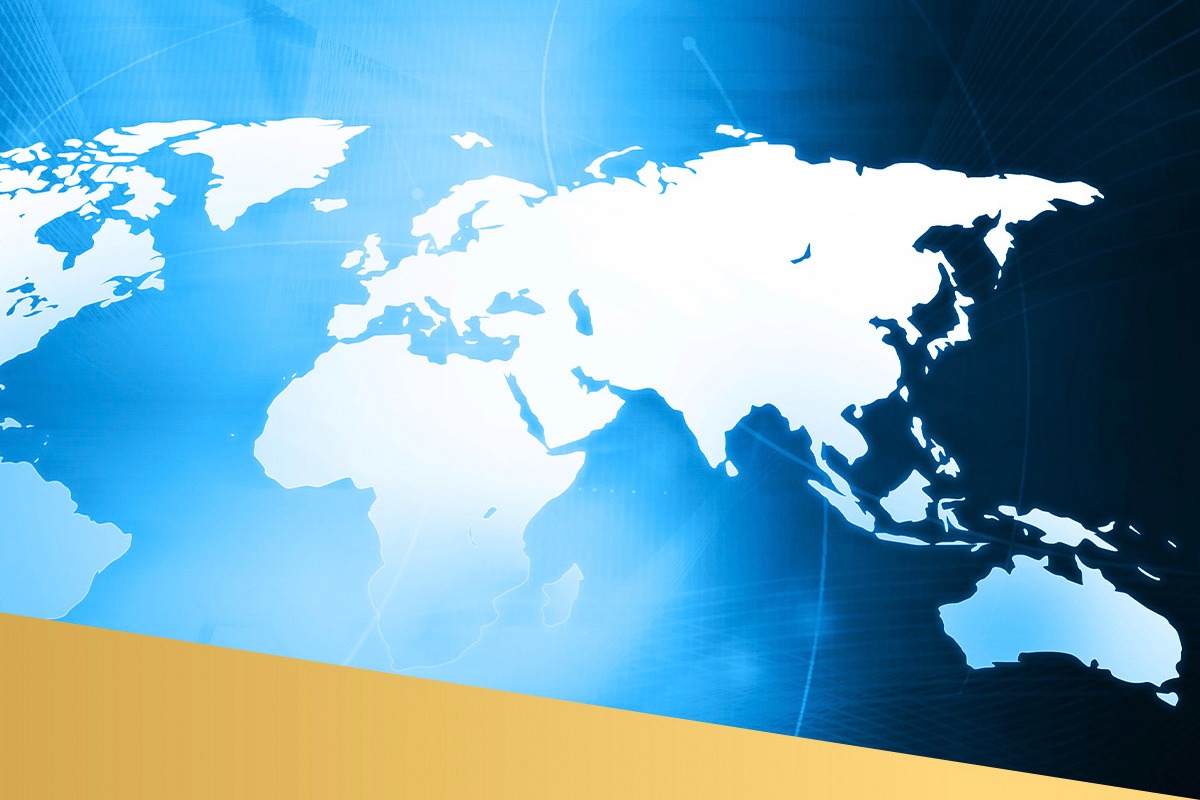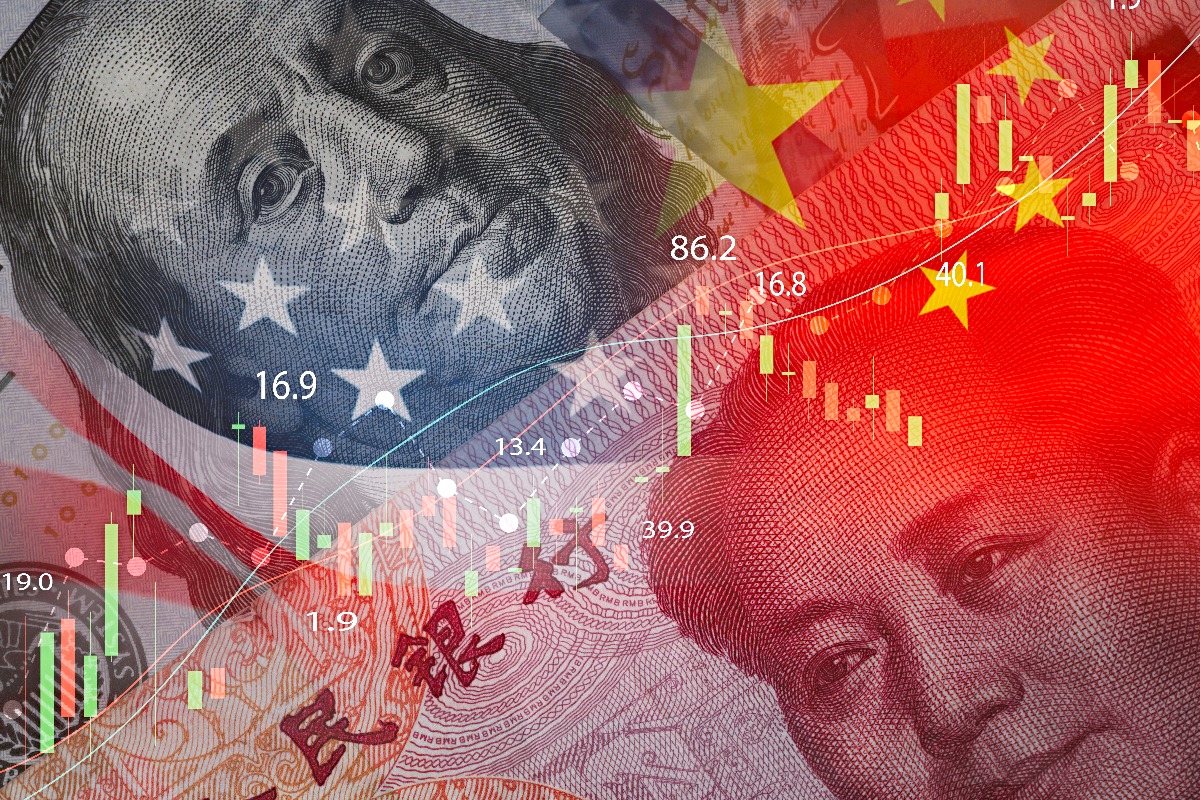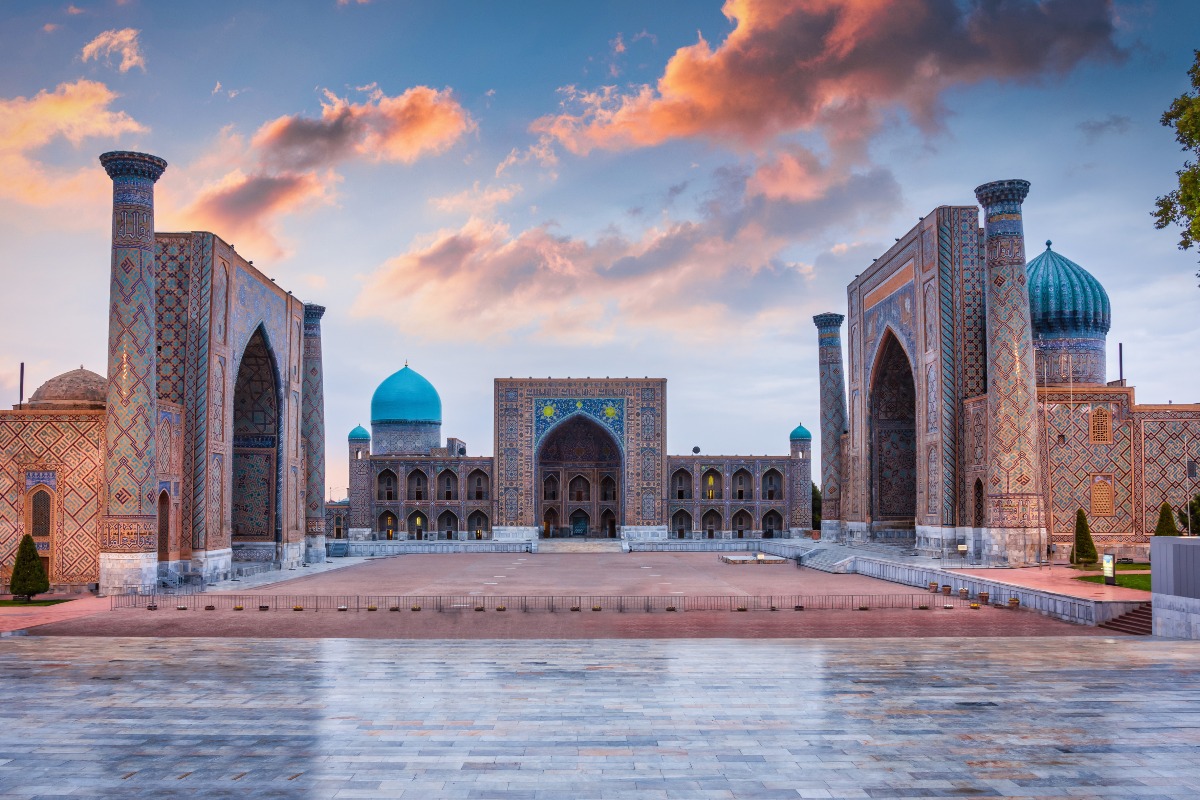So it is not from the last 150 years that we should draw conclusions about China’s role in the world economy. And China is enjoying a renaissance. But it is also true that Russia has always been and will always be next to Europe; it cannot be wiped off the map, and relations between the Eurasian countries cannot be broken.
So while in history, we have seen multipolar international systems, a unipolar world order emerged after the Cold War. As early as August 1994, Deng Xiaoping said: “First, we must confront hegemonism and power politics to preserve world peace; second, we must build a new international political and economic order”. The framework for this new world order is outlined in the Chinese “Belt and Road Initiative”, which marks its 10th anniversary this year. Clearly, the ongoing transformation of the world order is not “recent” and has not started in the last few years. The Shanghai Cooperation Organisation was founded more than 20 years ago, the BRICS 17 years ago. They have a population of three to four billion people and offer former Western colonies and non-aligned countries a better perspective than the Western “cooperation” they have experienced throughout history.
The transformation of world order has been going on for decades, and it will take a long time to move from a unipolar to a multipolar world order again, or as Viktor Orbán said, “the settling of such a new equilibrium will take a whole generation”.
The Thucydides Trap, mentioned many times in previous issues of Eurasia and highlighted in Viktor Orbán’s speech, can be applied to current events. As he summed up: “The dominant great power tends to see itself as more benevolent and better-intentioned than it really is, and attributes malice to its challenger more often than is – or should be – justified. Consequently, the starting point for each opposing party is not the intentions of the counterpart, but its capabilities: not what the counterpart wants to do, but what it is capable of doing”.
Eurasia magazine helps the reader to step out of this Western information bubble and present the changes in global trends and economy, historical patterns and the real face of Asian countries so that we can prepare for the future and position ourselves and our countries accordingly.
Because history repeats itself...



